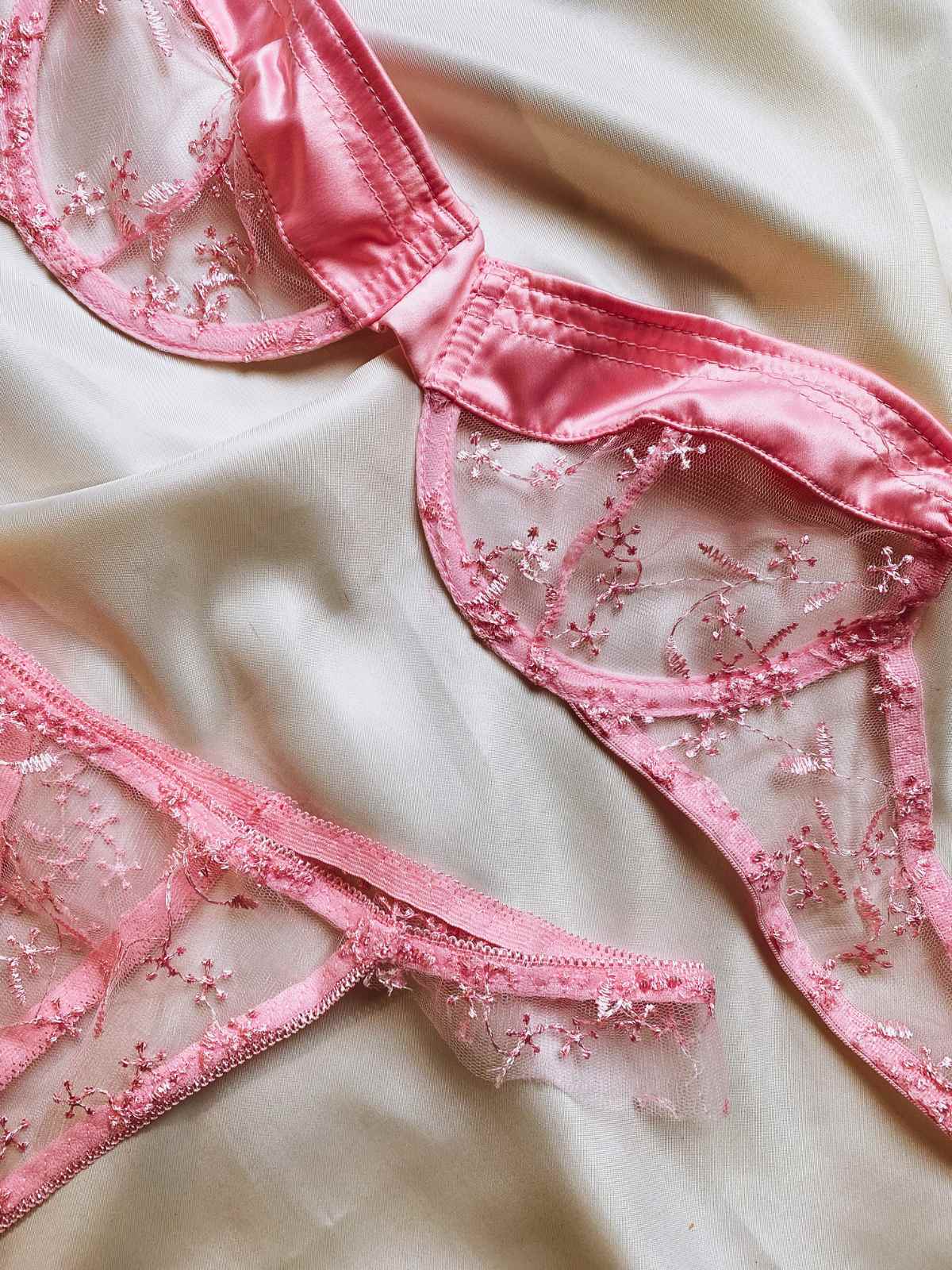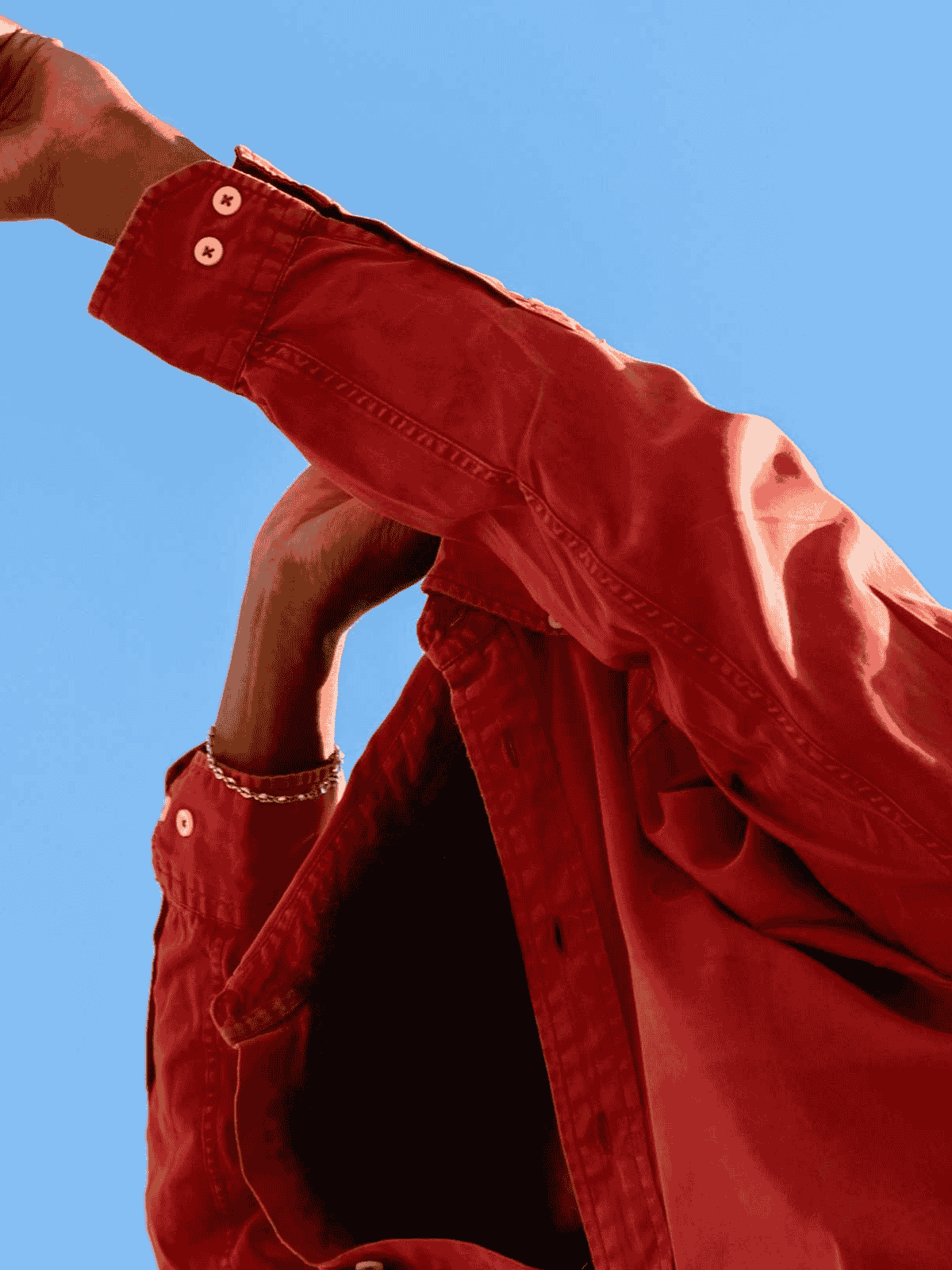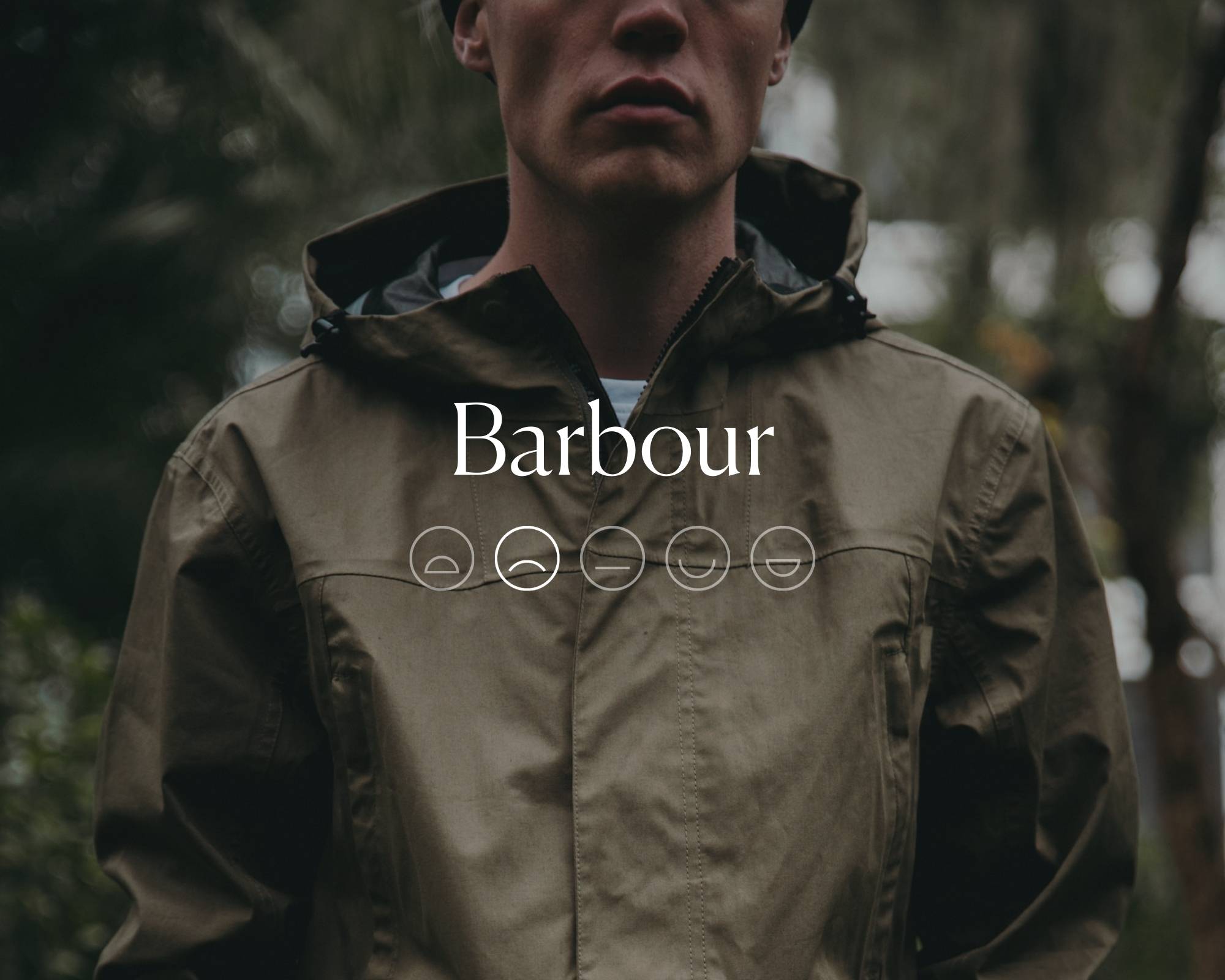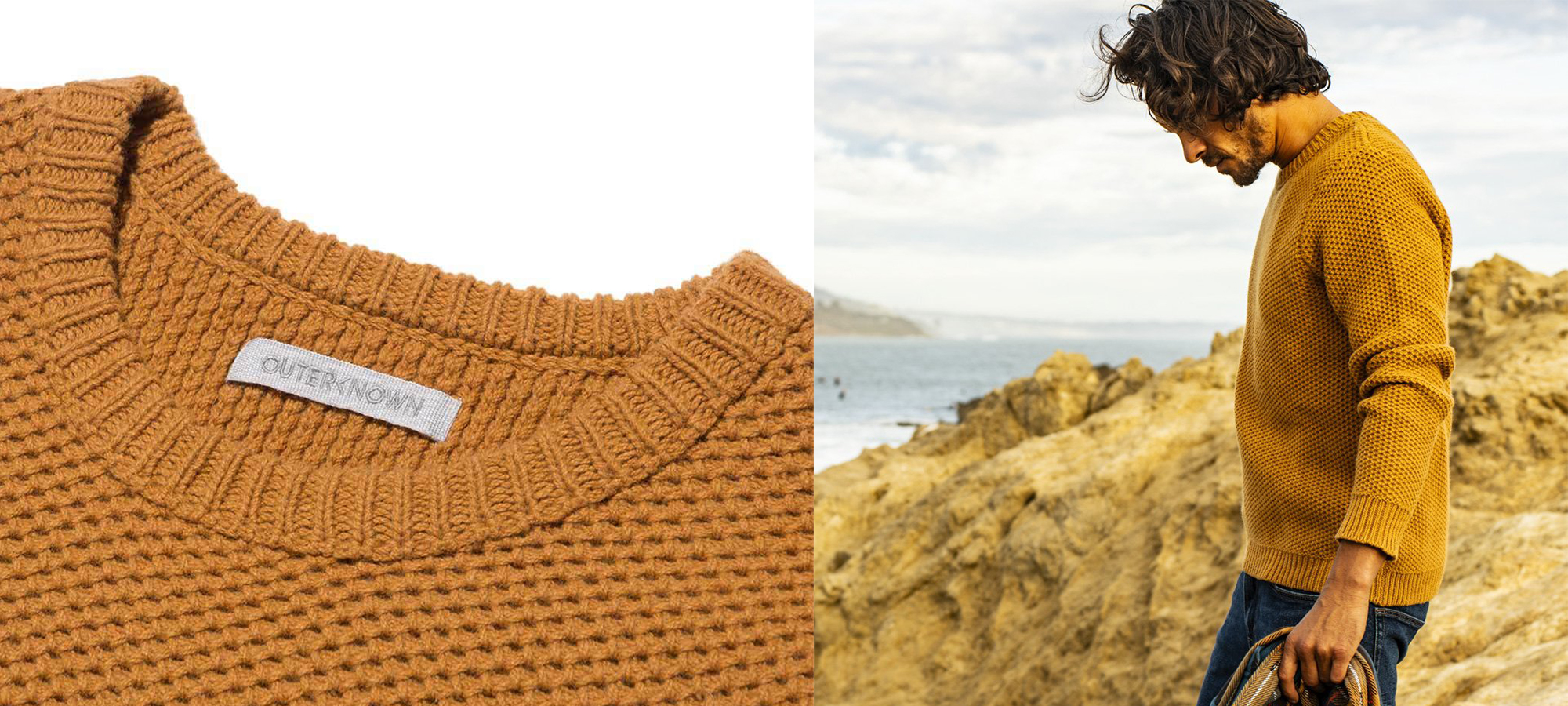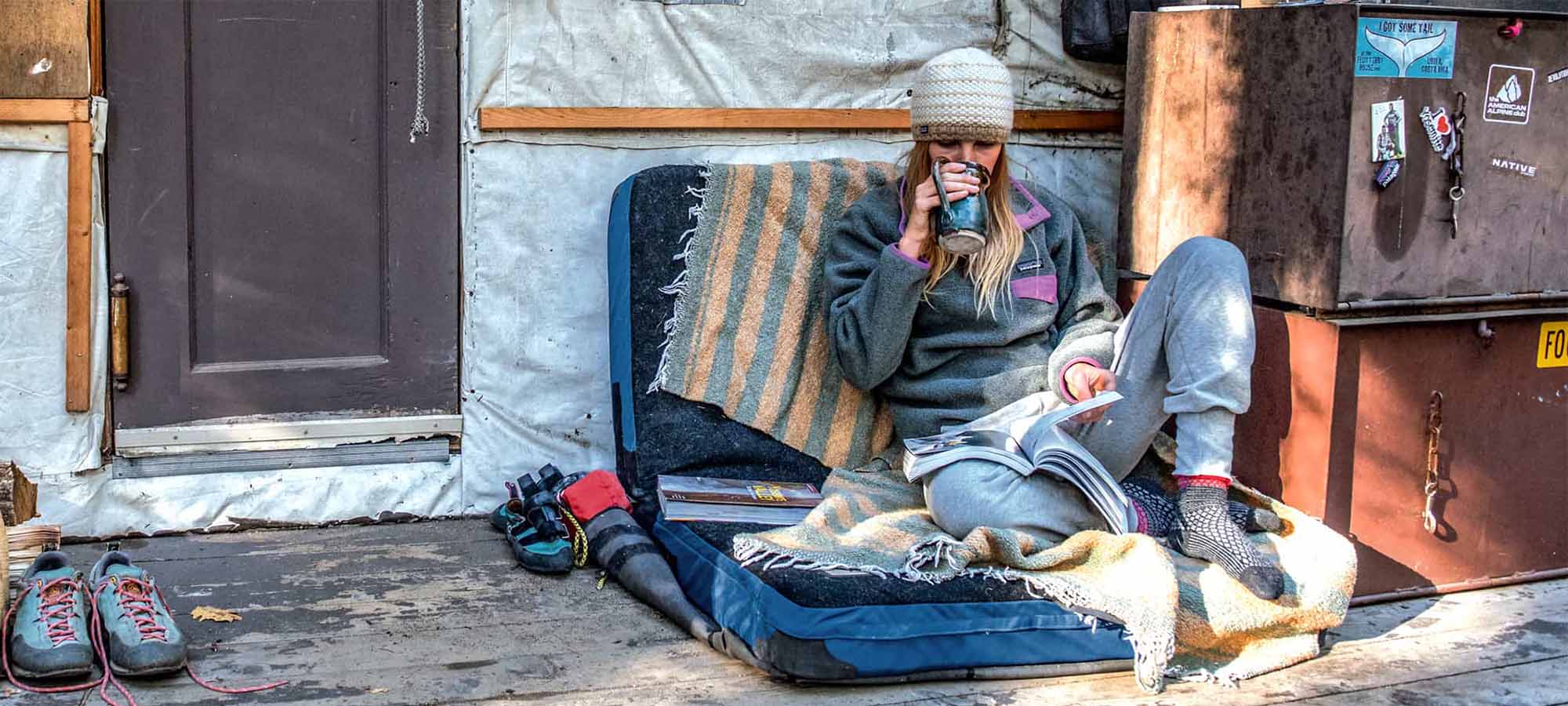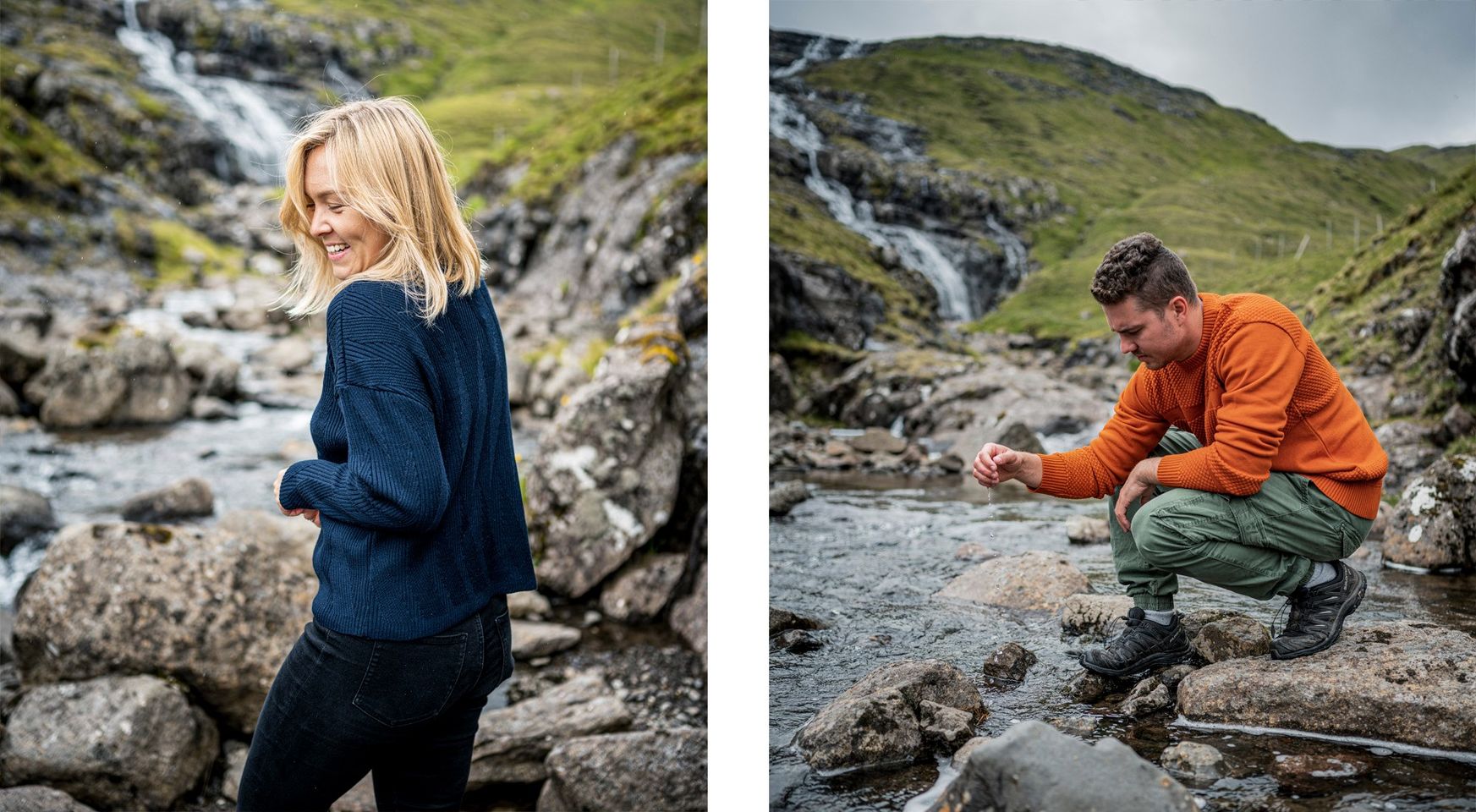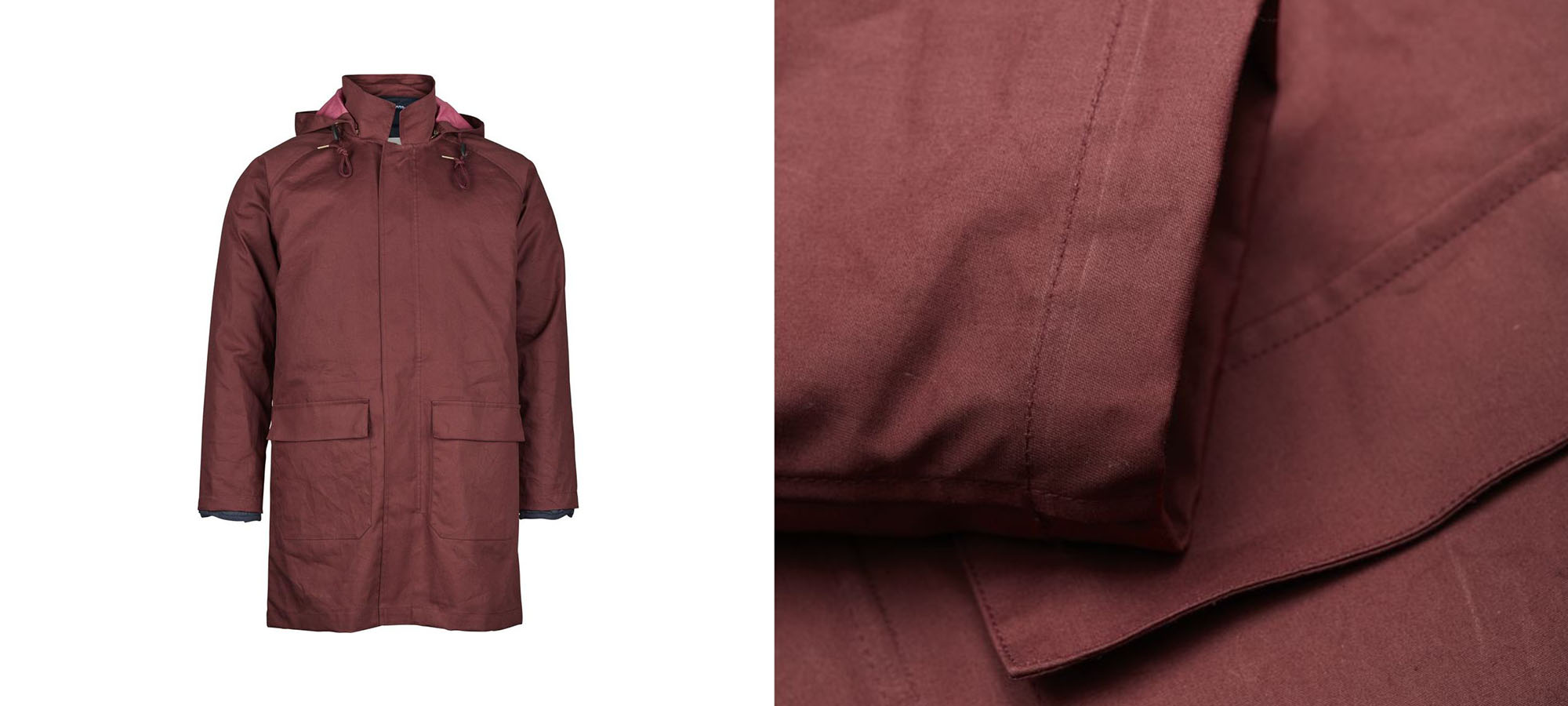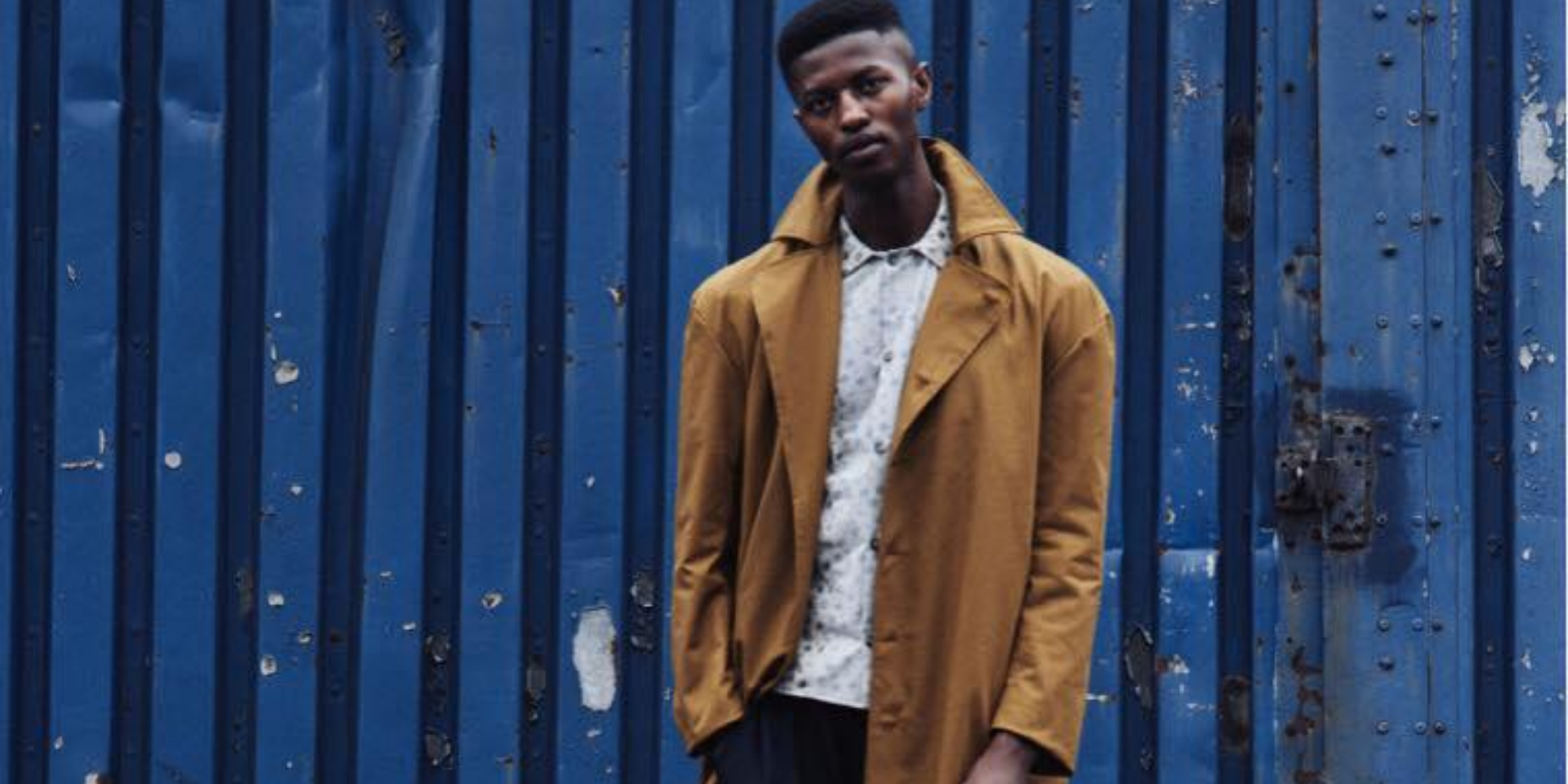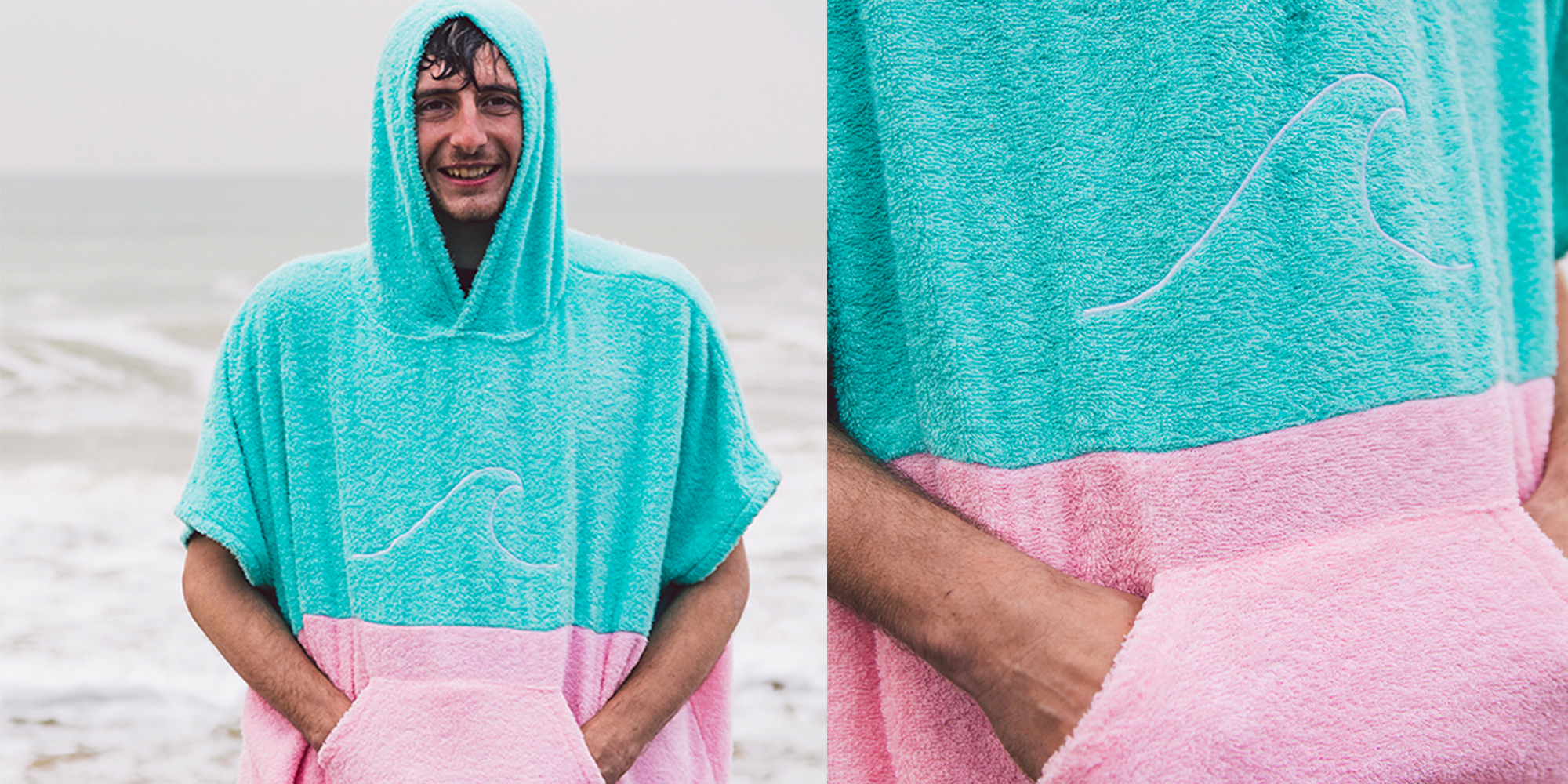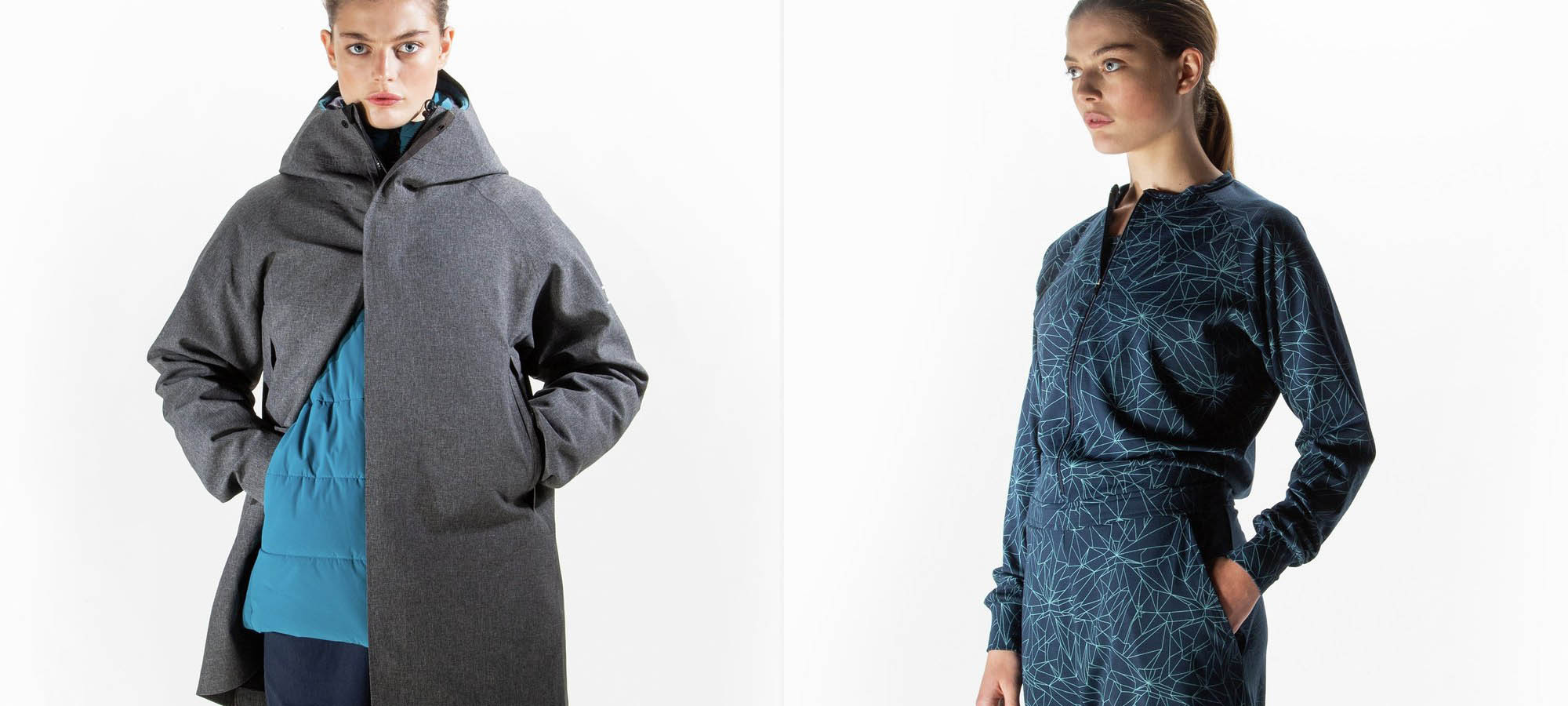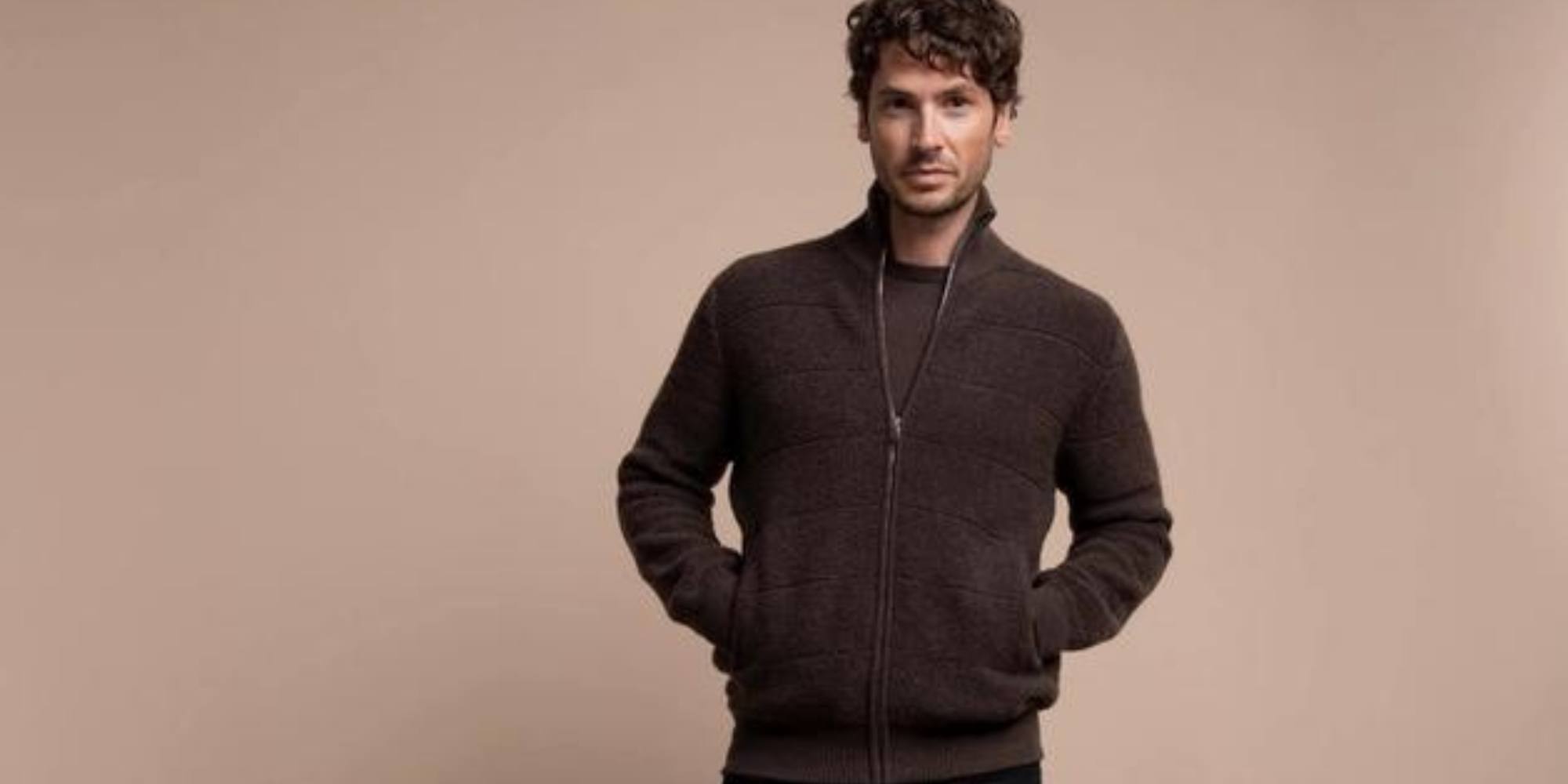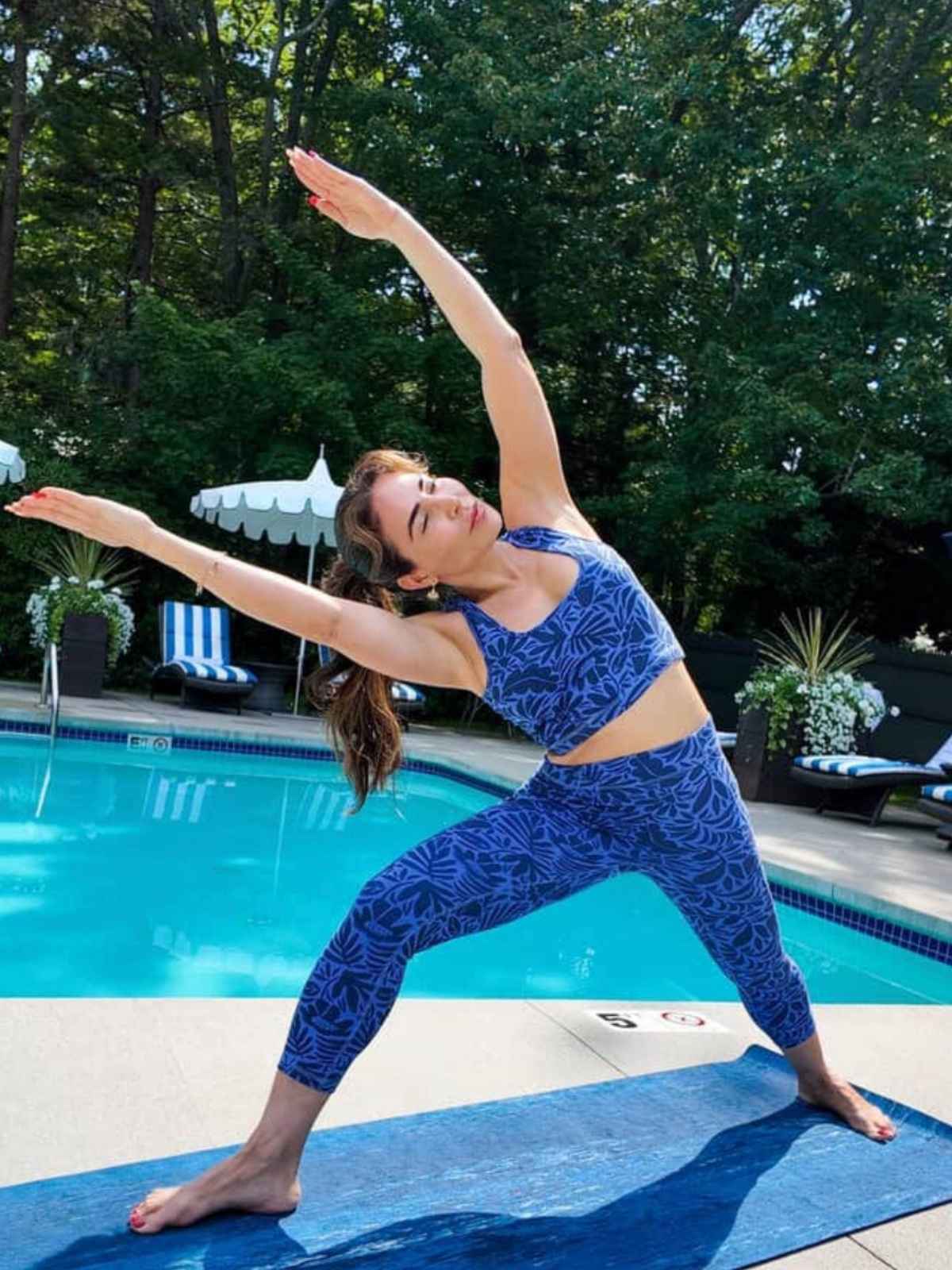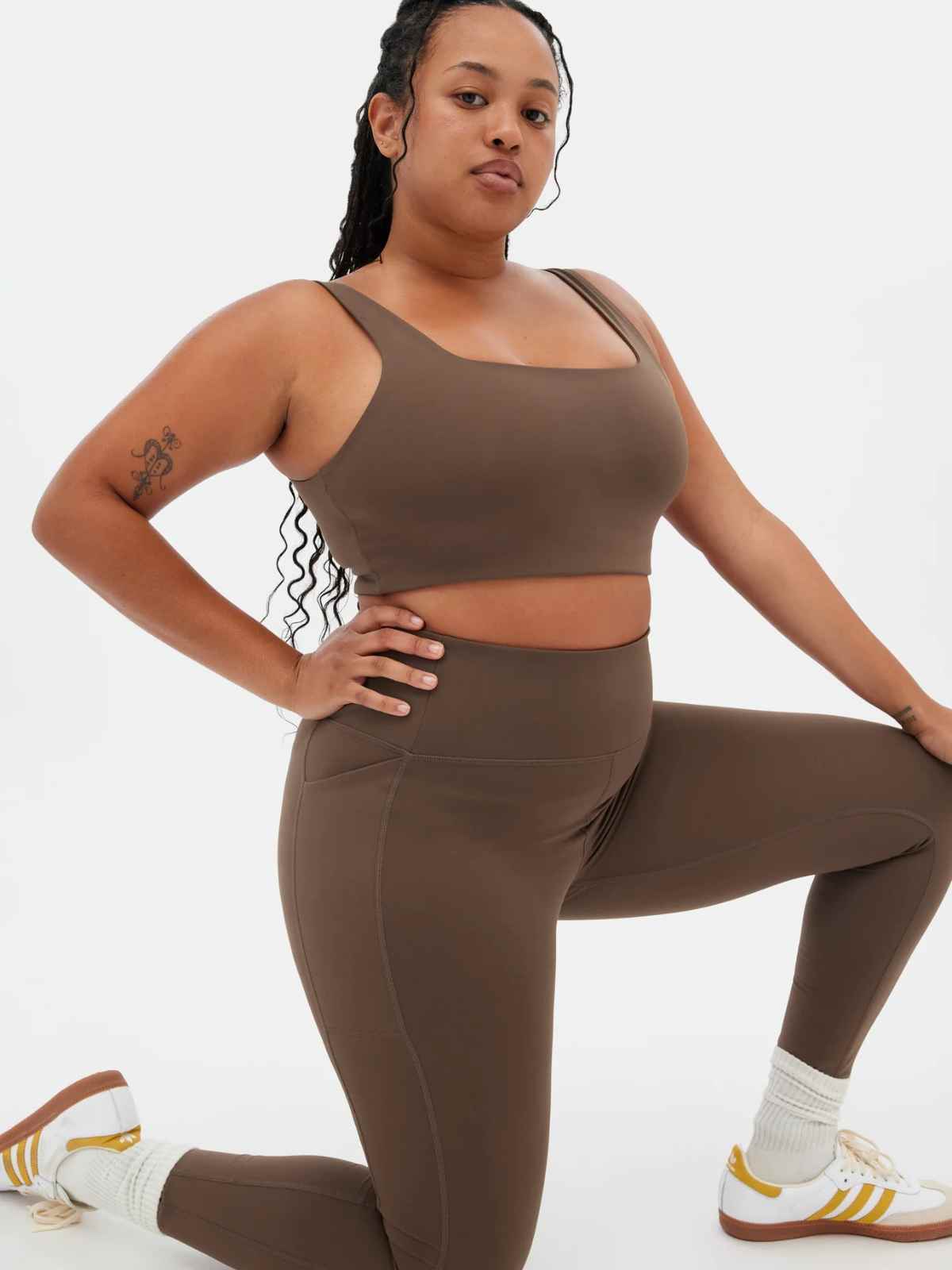Our editors curate highly rated brands that are first assessed by our rigorous ratings system. Buying through our links may earn us a commission—supporting the work we do. Learn more.
British countrywear brand Barbour describes itself as a “ responsible and ethical manufacturer”, but is that the case? How ethical is Barbour? Keep reading to learn more about Barbour’s “Not Good Enough” rating.
Countrywear that respects the Earth?
Founded in 1894, British brand Barbour is rooted in tradition. The brand is famous for its quilted jackets and countrywear, worn by countryside lovers, including the Royal family, and Glastonbury’s performers, including the Arctic Monkeys and Lily Allen.
The brand breathes the British countryside and believes in “acting responsibly and minimising its impact on the environment to be enjoyed by future generations”. How does this translate into Barbour’s practices? How is the brand impacting people, the planet, and animals?
Environmental impact
Barbour’s environment rating is “Not Good Enough”.
The brand offers Wax for Life, a repair and re-wax service that allows customers to send in their beloved jacket for a re-wax and mending of any wear and tear that might have occurred. It’s a good step that helps prolong the life of Barbour’s iconic outerwear.
But this initiative is not enough. The brand uses few eco-friendly materials, and we found no evidence that it reduces its carbon and other greenhouse gas emissions, implements water reduction initiatives, or minimises textile waste when manufacturing its products.
A few years ago, Barbour also introduced Barbour Re-Loved, a service that allows customers to return their old jackets to be repaired in exchange for a voucher for a new one (the old jacket is then resold). Sadly, resale services aren’t the be-all-end-all, and without strong policies and a commitment to change from the brand, it often feels a bit hypocritical. Plus, offering store credits or vouchers in return for used products usually handcuffs circularity to consumption.
Labour conditions
On the labour front, we rate Barbour “Very Poor”.
The brand has a Code of Conduct that covers all ILO principles and audits some of its supply chain.
But the good news ends there. Barbour doesn’t specify what percentage of its supply chain it audits, and there’s no evidence the brand has worker empowerment initiatives such as collective bargaining or rights to make a complaint. It also doesn’t disclose any policies or safeguards to protect suppliers and workers in its supply chain from the impacts of COVID-19.
More importantly, we couldn’t find evidence it ensures payment of a living wage in its supply chain. A brand that claims it has always been “committed to the welfare, health, and safety of all [its employees and suppliers]” must do better by its people.
Animal welfare
Finally, Barbour’s animal rating is “Not Good Enough”.
The brand has a formal animal welfare policy aligned with Five Freedoms but has no clear mechanisms to implement it. Barbour doesn’t use angora, fur, or exotic animal skin but still uses leather, down, and exotic animal hair. And while the brand has a policy to source wool from non-mulesed sheep, it doesn’t provide evidence on how it is implemented.
Overall rating: Not Good Enough
We rate Barbour as “Not Good Enough” overall based on our research. The brand claims to be a “responsible and ethical manufacturer and retailer”, but it needs to do much more and start walking the talk. In particular, Barbour needs to use more eco-friendly, non-animal-derived materials, work on reducing its greenhouse gas emissions, and ensure it pays workers a living wage.
Note that Good On You ratings consider hundreds of issues, and it is not possible to list every relevant issue in a summary of the brand’s performance. For more information, see our How We Rate page and our FAQs.
Good swaps
“Good” and “Great” alternatives to Barbour

